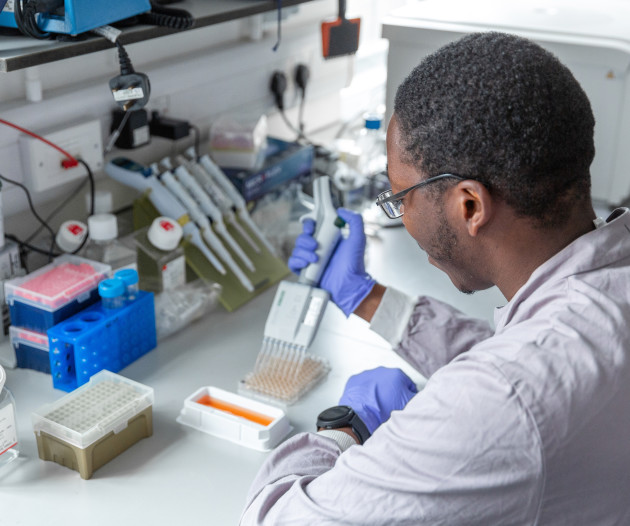Good Clinical Practice
 Good Clinical Practice (GCP) is the international, ethical and scientific quality standard to which all research involving human participants is conducted.
Good Clinical Practice (GCP) is the international, ethical and scientific quality standard to which all research involving human participants is conducted.
Comprised of 13 core principles, GCP applies to all clinical investigations that could affect the safety and well-being of human participants (in particular, clinical trials of medicinal products).
GCP was developed by the regulatory authorities of the EU, Japan and US in a steering group termed the tripartite International Conference on Harmonisation (ICH) and provides international assurance that:
- Data and reported results of clinical investigations are credible and accurate
- Rights, safety and confidentiality of participants in clinical research are respected and protected
It was finalised in 1996 and became effective in 1997. When first expounded, it was an internationally recognised as best pratice, but was not enforcable by law.
However, with the advent of the Medicines for Human Use (Clinical Trials) Regulations 2004 and the EU Directive on Good Clinical Practice, compliance with GCP is a legal obligation in the UK/Europe for all trials of investigational medicinal products.
Principles of GCP
- Clinical trials should be conducted in accordance with the ethical principles that have their origin in the Declaration of Helsinki, and that are consistent with GCP and the applicable regulatory requirement(s).
- Before a trial is initiated, foreseeable risks and inconveniences should be weighed against the anticipated benefit for the individual trial subject and society. A trial should be initiated and continued only if the anticipated benefits justify the risks.
- The rights, safety, and well-being of the trial subjects are the most important considerations and should prevail over interests of science and society.
- The available nonclinical and clinical information on an investigational product should be adequate to support the proposed clinical trial.
- Clinical trials should be scientifically sound, and described in a clear, detailed protocol.
- A trial should be conducted in compliance with the protocol that has received prior Institutional Review Board (IRB)/ Independent Ethics Committee (IEC) approval/favourable opinion.
- The medical care given to, and medical decisions made on behalf of, subjects should always be the responsibility of a qualified physician or, when appropriate, of a qualified dentist.
- Each individual involved in conducting a trial should be qualified by education, training, and experience to perform his or her respective task.
- Freely given informed consent should be obtained from every subject prior to clinical trial participation.
- All clinical trial information should be recorded, handled, and stored in a way that allows its accurate reporting, interpretation and verification.
- The confidentiality of records that could identify subjects should be protected, respecting the privacy and confidentiality rules in accordance with the applicable regulatory requirement(s).
- Investigational products should be manufactured, handled, and stored in accordance with applicable Good Manufacturing Practice(GMP). They should be used in accordance with the approved protocol.
- Systems with procedures that assure the quality of every aspect of the trial should be implemented.


